Like ‘development’, the word ‘transition’ characterizes a phenomenon associated with motion, which can be regarded either as extended or limited. Thus, ‘developing’ is applicable to all countries in respect of the continuous process of change resulting from competitive effort, and no country would claim complacently, to have ‘arrived’. At the same time, in terms of such stipulated criteria as per capita income, industrial strength, educational opportunity, and so on, some countries are still developing and others are developed. ‘Transition’ can similarly refer to a multi-stage progression from point to point in development, or limited-and in this papers specifically-to the consideration of society in which the educational process has to make good what political modernization has promised. A transition society so named in the latter sense has the outward manifestations of modern society. It has legislated to ensure enfranchisement irrespective of sex; it has planned for the development of the economy through industrialization; its philosophy with regard to equality of educational opportunity is appropriately supported by such action as provision for free universal primary education; it has modernized the structure of the school system by adding an appropriate number of years to the pupil’s school span; it has added new elements to the content of the school curriculum, strongly exercised by the popular belief that the functional relation between education on the one hand and political maturity and economic growth on the other must not be ignored. It is in the qualitative sense that it is in transition because the educational process has yet to catch up with educational goals.
Encyclopaedia of Modern Techniques of Educational Testing (In 5 Volumes)
The concept of intelligence ...
$118.75
$125.00

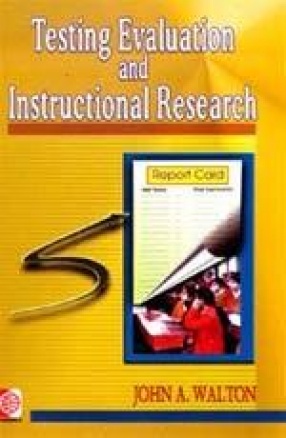
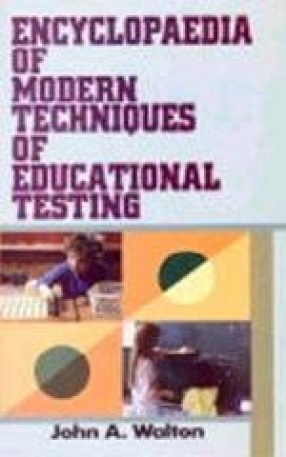


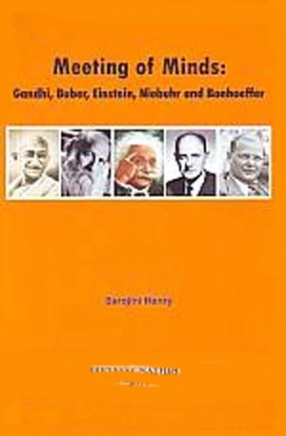
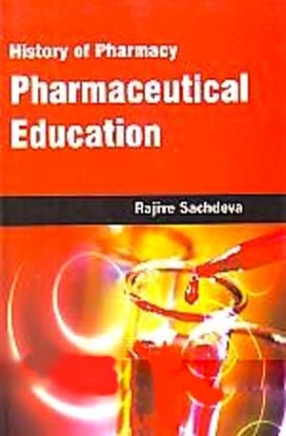
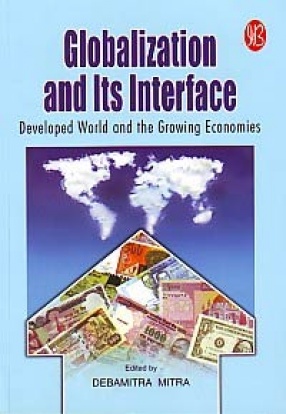
There are no reviews yet.